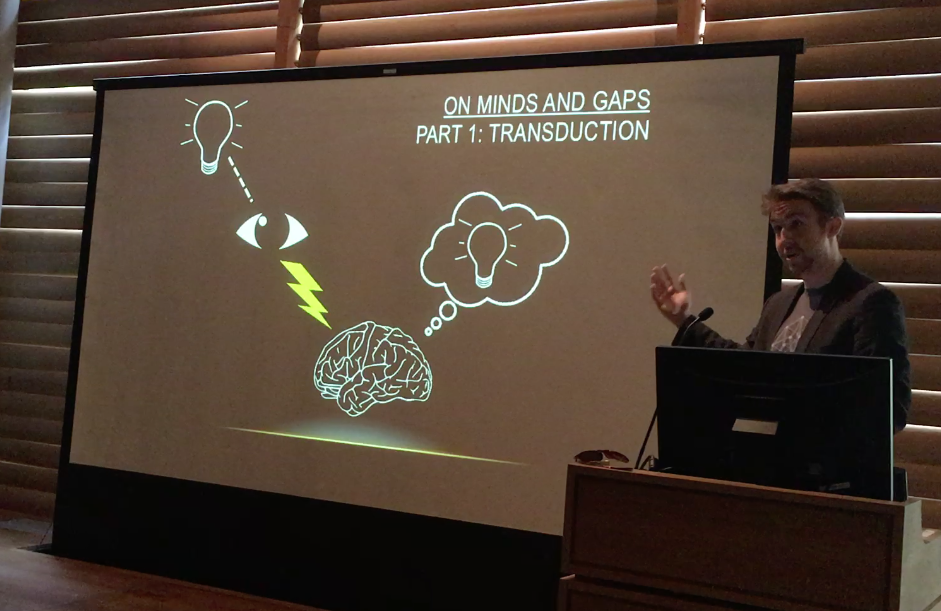My Research
These days, I’m a postdoctoral researcher at Lund University’s Department of Cognitive Science, where I work in the Choice Blindness Lab designing fake mind control machines that we use to study beliefs about free and how people perceive and misperceive technology. Previously, I completed my DPhil (PhD) in Experimental Psychology at the University of Oxford.
I also collaborate with the MAGIC Research Lab at Plymouth University, and I am a founding member and the acting secretary of SoMA- The Science of Magic Association- an interdisciplinary organization that promotes rigorous research directed toward understanding the nature, function, and underlying mechanisms of magic.
My doctoral research was broadly concerned with the roles of attention and expectation in awareness- The question of how people’s minds can ‘tuned’ from the top-down to allow them to notice or fail to notice unanticipated events. On one hand, specific expectations can result in failures of awareness towards seemingly obvious stimuli. And on the other hand, expectations can generate vivid illusory experiences of non-existent stimuli. I'm also particularly interested in the cognitive and neurological mechanisms thorough which people can come to actively disbelieve their own perceptions. In practice, I use behavioral visual experiments, based on sleight of hand magic tricks, to investigate cognitive phenomena like inattentional blindness and illusory perceptions.
Publications
I’ve adapted some of the historical elements of my doctoral thesis into a general audience book titled The Spectacle of Illusion.
You can see an example of my empirical work in this journal article: "The Phantom Vanish Magic Trick: Investigating the Disappearance of a Non-existent Object in a Dynamic Scene" here.
Other Academic Interests
More generally, I'm also keenly interested in historical and contemporary perspectives on the psychology of belief. In particular: how people form beliefs based on their experiences. This has immediate implications for my current thesis project, in the context of metacognitive visual beliefs (i.e. most of my participants don't believe they can naturally hallucinate a non-existent object, or that they can possibly fail to see a that is presented clearly and in plain sight). This seemingly academic hook has led me down a variety of more ...esoteric paths. Did you know that the last time someone was convicted of witchcraft in the UK was actually in 1944? Or that Alfred Russel Wallace, the co-author of the theory of natural selection believed he could communicate with the spirits of the dead? Or that William James, one of the founding fathers of psychology, kept a ouija board in his lab at Harvard, and 'spoke' regularly with his deceased mother through a spirit medium? Gods, witches, ghosts, and lizard people. Hollow earths and flat earths.

